THE TECH CONNECTION
The way we connect has changed radically. We can now be global citizens with the click of a button, and it is not set to change.

THE 2020 DIGITAL CONNECTION EXPERIMENT
The hard lockdown of 2020 saw everybody turn to digital technology as they sought to stay connected. This move, although driven out of necessity, highlighted the ease in which the switch to digital could be made. Although it is not always ideal, it is a trend that looks set to stay.
From meetings to lectures, auctions to ballet, there was little people have not been able to access digitally in 2020. As global economies took a battering, tech companies saw their uptake and share-prices skyrocket. Zoom and Microsoft teams, just two online meeting platforms, saw their growth shoot up exponentially. Zoom alone, expects to see its revenue up 200% this year and profits skyrocket by 300%, according to the company. Not bad, when the global economy is expected to shrink by 5%.
The people connecting through tech
The wonderful thing was that there were quite a few sales to internationals, and that was exciting.
As the world locked down, businesses needed to find innovative ways to stay afloat. As such, the past year has seen thousands of companies, across the globe, either adopt online meeting and event technology or enhance their current offering. South Africa was not to be left behind, despite the economic and infrastructure challenges facing the country.
Universities like the University of the Witwatersrand’s (Wits) undergraduate programme started making pre-recorded lecture videos available to their students. The university’s School of Journalism turned to Zoom to connect with their post-graduate students. And to guarantee everyone had data, students were given free data bundles, to ensure as many people as possible could make use of this technology.
Top African business school, the Gordon Institute of Business Science (GIBS,) started offering live online lectures to their students. They went as far as making use of producers to managed the interface between online students and lecturers. Interim Dean of GIBS, Morris Mthombeni said in an editorial piece for Business Day, “Our focus as a business school is to keep our academic programme going and to deliver on our agenda… Our model of blended (digital and classroom) learning has worked extremely well”. In fact, it has been so successful that 68% of respondents, in a GIBS student survey, said they wanted to continue using this blended approach to learning in the future.
South Africa’s art industry also turned to using online technology. South African fine art auction house, Strauss & Co, who have had an online presence for a number of years, launched their live auction site in 2020 to cater to the needs of the market during the COVID-19 lockdown. Susie Goodman, Executive Director of Strauss & Co says, “Our big challenge as we neared May, was how were we going to hold a live auction for which we had already prepared a catalogue?” The company was fortunate that there was already a global trend for buying art online. “Due to this trend, we had already signed an agreement with a company called Invaluable, which is an international company which provides for the live bidding option,” Goodman said. Being one-step ahead with their tech-strategy proved incredibly lucky for the company. Goodman noted, “We would not have been able to turn our auction around without having this fortuitous relationship in place.”
This success of this first auction was phenomenal. Strauss & Co reported that the 650-lot sale fetched R79 million with a lot sell-through rate of 77% and a value sell-through rate of 79%. Two of Irma Stern’s pieces, Still life with Lilies and Zanzibar Arab sold for R14.8 million and R11.4 million respectively to telephone bidders.
This online facility has also given Strauss and Co a much wider global audience for their art, “One of the benefits is that, through the digital world, you can reach more people, everywhere. We have gone away from geographical sales where we only sell in a particular city, to now selling to people, accross the world, in their own home or office.” The only thing that has changed for company is that with online sales, they have to provide a lot more information on the pieces online, which they have done through a series of You Tube webinars and videos.
RMB’s Turbine Art Fair set an example for event organisers when they managed to, hold their fair online, with just two months of planning. Glynis Hyslop, founder of the RMB Turbine Art Fair, said, “I felt very strongly that artists had to have a channel to market this year, so we started looking at ways to run a digital fair.” She explained that the idea had to be passed by a number of stakeholders, so only got going in the beginning of July and was held at the end of August.
Although Hyslop said they had very few people watching live, they got three of four times as many people watching at their leisure. “So, we were quite well attended,” she said. An added benefit of going online was that the fair got better speakers this year. The reason being that the experts did not have to travel to South Africa, Hyslop explained.
And like Goodman, Hyslop found that this year’s fair won over a global audience, something not achieved before, which was a real boost for the young artists being represented by the fair. “The second wonderful thing was that there were quite a few sales to internationals, to people not in South Africa, and that was exciting.” She explained that in the past the fair was only attended by people in Johannesburg, and maybe a few from Cape Town.
These are just three examples of organisations that have made a successful move to digital platforms. Global institutions like museums, ballet companies, operas, and musicians have all held online tours, performance and concerts in an attempt to keep connected with their audiences.
Even businesses that were not under threat from Covid, turned to online platforms, as they started hosting webinars for customers in an attempt to say top of mind and relevant in times of crisis. Inboxes were filled with email invites to anything from financial advice, to talks by psychologists, virtual wine tastings and comedy shows, to list a few. All in an to keep people’s moods buoyed and ensure customers were getting added value while economies remain locked down.
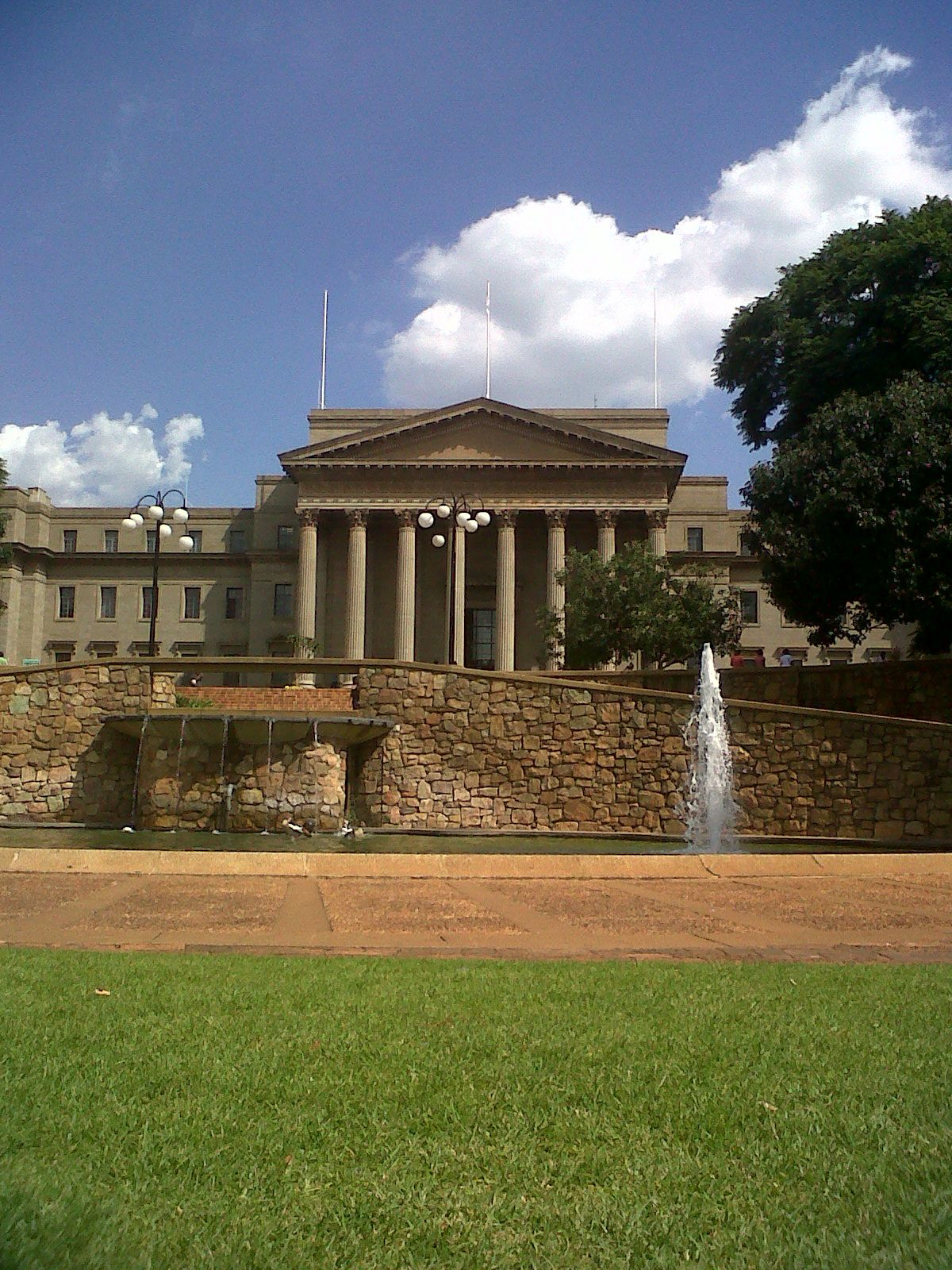
University of the Witwatersrand
Wits

Interim Dean of GIBS - Morris Mthombeni
Morris Mthombeni
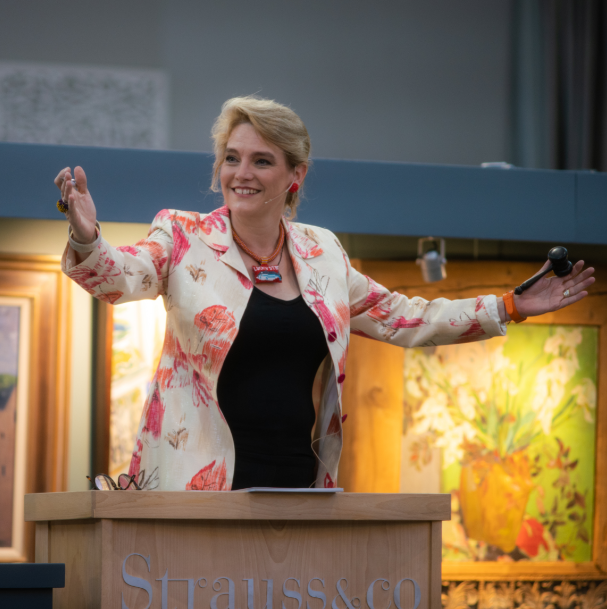
Susie Goodman of Strauss & Co
Susie Goodman

Irma Stern's Still Life of Lilies
Still Life of Lilies
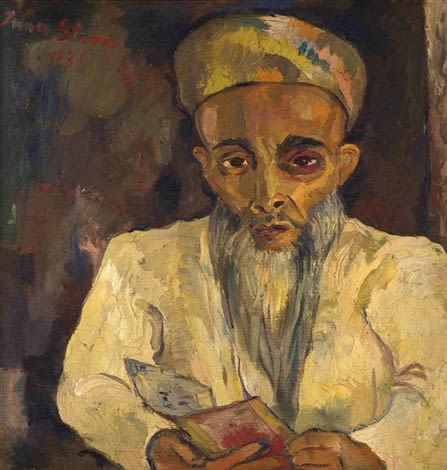
Irma Stern's Zanzibar Arab
Zanzibar Arab
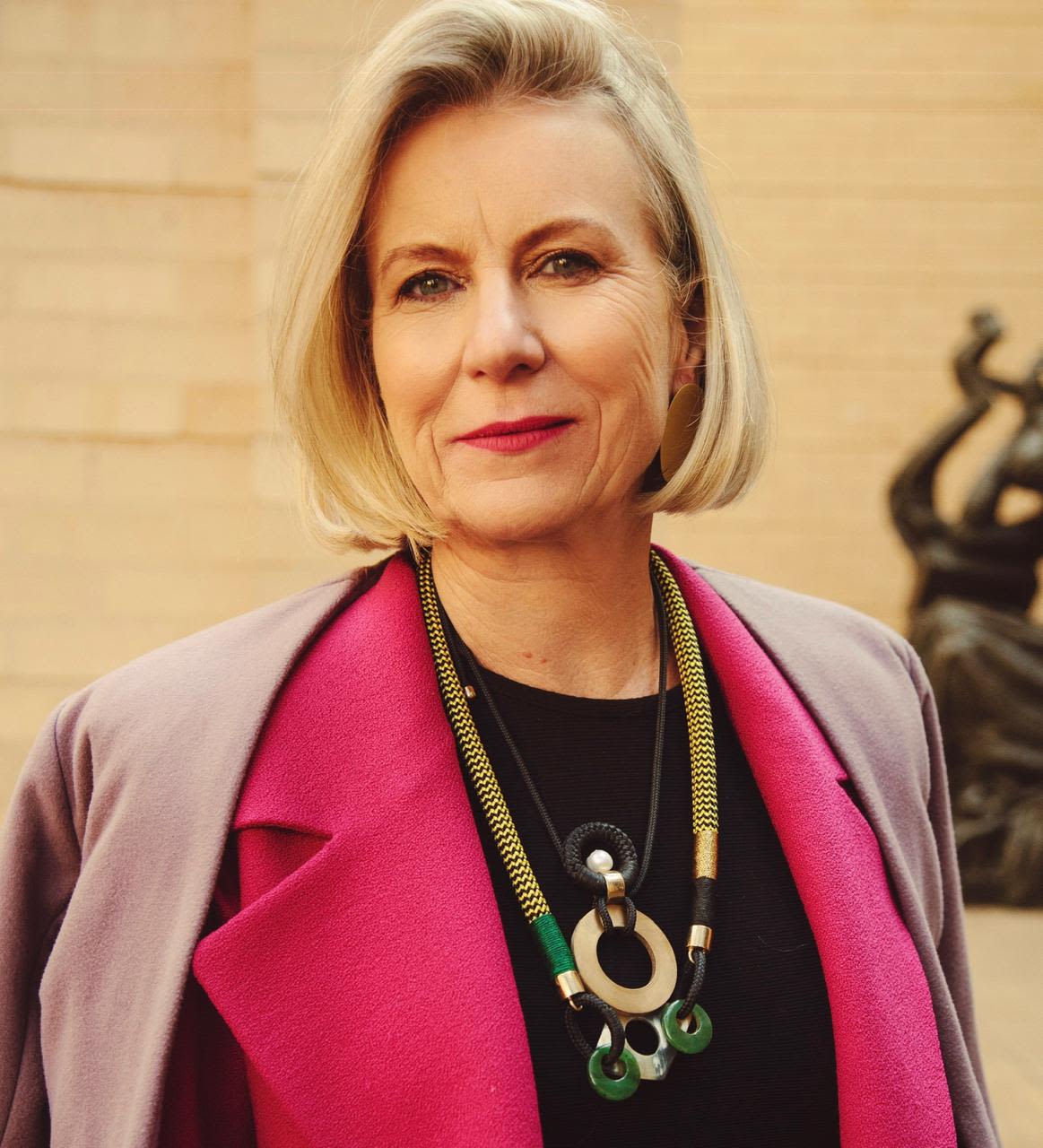
Glynis Hyslop - Founder of the RMB Turbine Art Fair
Glynis Hyslop
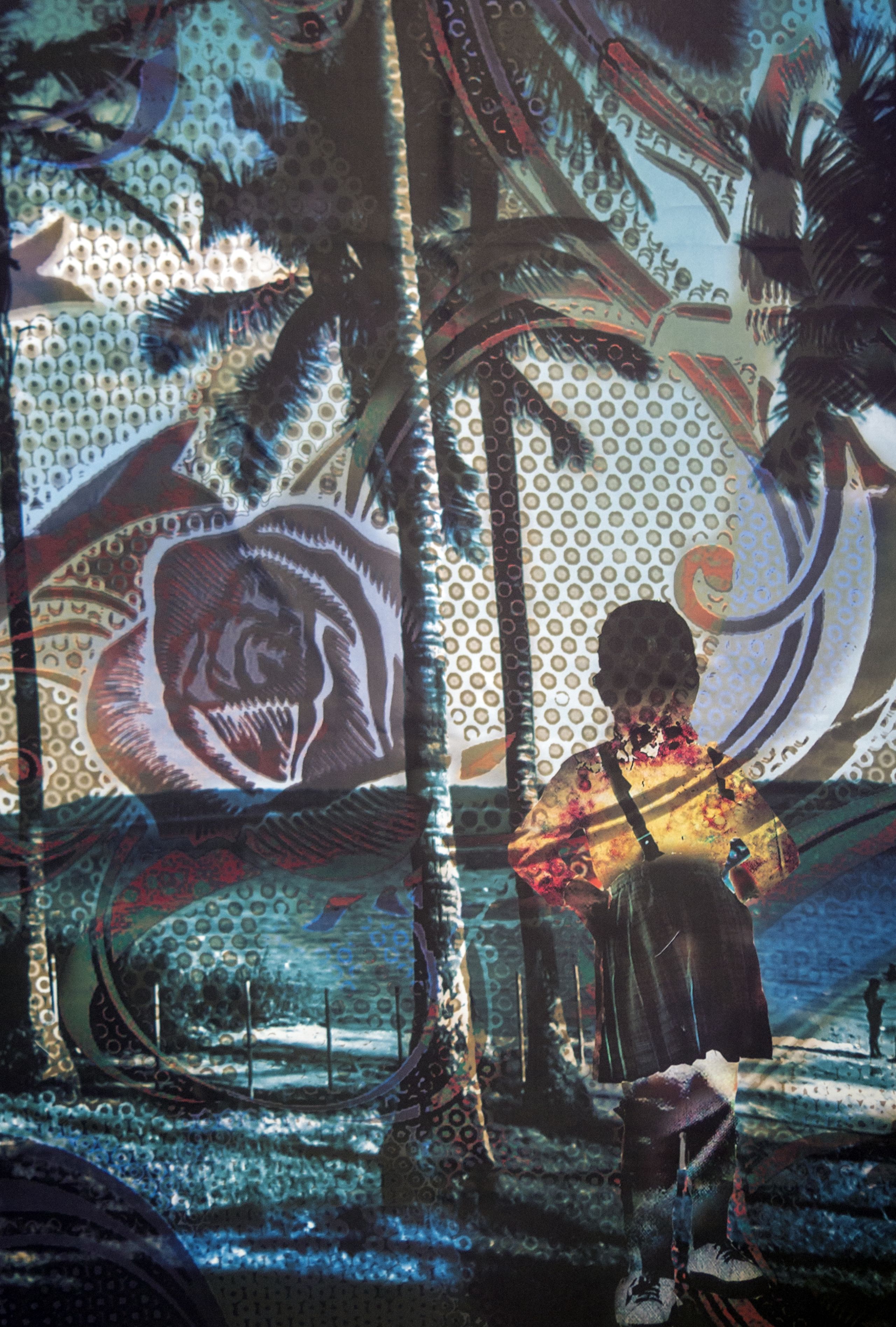
Work by Vanessa Tembane showcased by RMB Turbine Art Fair 2020
Work by Vanessa Tembane

Treasures Moment by Fillipus Sheehama showcased by RMB Turbine Art Fair 2020
Treasures Moment by Fillipus Sheehama
The new normal is here to stay
It is easy, it is cheaper, and it affords a wider audience.
With online events being driven by necessity rather than desire, gauging the response of audiences is going to take some time. These platforms are in their infancy, and 2020 has been a year of trial and error. Some things have worked, and others needed tweaking. Nobody, however, wanted to chat - on the record - about their setbacks, preferring rather to focus on the positives that have come from the transition.
What everyone agrees on, however, is that this new way of connecting is here to stay, for several reasons. It is easy, it is often a cheaper option when hosting live events, and it affords a wider audience.
Collen Magner co-founder of Reos Partners, wrote in Acumen magazine, how their foray into digital conferencing (due to the pandemic) had been extremely successful. She noted, “As it turned out, the outcome far exceeded our expectations and the virtual process was not only cheaper, but it was also sufficiently participatory, inclusive and effective.”
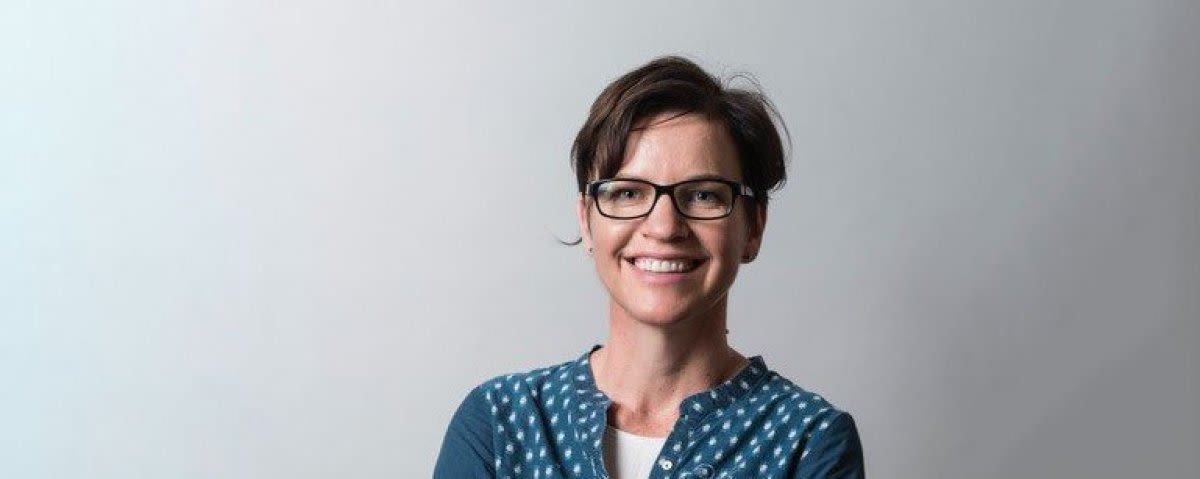
Colleen Magner of Reos Partners
Colleen Magner of Reos Partners
Goodman says they believe this has been very beneficial for the continent’s art industry. She says, “We have had people realise that buying art online is not so terrifying and have started exploring. We are now reaching more people in their own spaces and that has been fantastic.”
However, she says, "Although online is here to stay, art is about people, and we are always going to crave the interaction, the physical-ness of standing in a room looking at the items. So, although we can do a lot of it virtually, I don’t think we will ever lose the people side of it.”
Hyslop also says that they are already planning next year’s virtual event. “There are lots of things we could’ve done better,” she notes, and says that she and her team are already working on the online edition of the 2021 Turbine Art Fair. They are planning on bringing in a lot more innovation and novel ways of presenting their virtual. But although they will be improving their online offering, Hyslop says they will also return to their live format.
Mthombeni agrees that the future is not going to be an either or affair. He stresses, the importance of taking a blended approach. For GIBS, its brand is all about the value add offered through student interaction, robust class debates, group interaction, so onsite lectures are always going to have a place at the institution. Mthombeni notes that an added benefit coming out of all of this is, that as the university, GIBS has had to adapt, meaning is it better prepared to pass these learnings on their students, “Our academic and non-academic offering will be stronger,” he says, adding, “It will be more relevant to African business leaders tasked with bringing Africa into a new a changed world.”
Although online is here to stay, art is about people, and we are always going to crave the interaction
GIBS Professor, Karl Hofmeyr says their research bears out what everyone is saying and notes, “So while we are capable of doing the formal stuff at home, people are crying out for that personal connection.”
As we move forward, the true value of digital connections will be researched and revealed, but as economies start to open, those in the know are already predicting, we are living in a new world with a new way of connecting, on a global level.
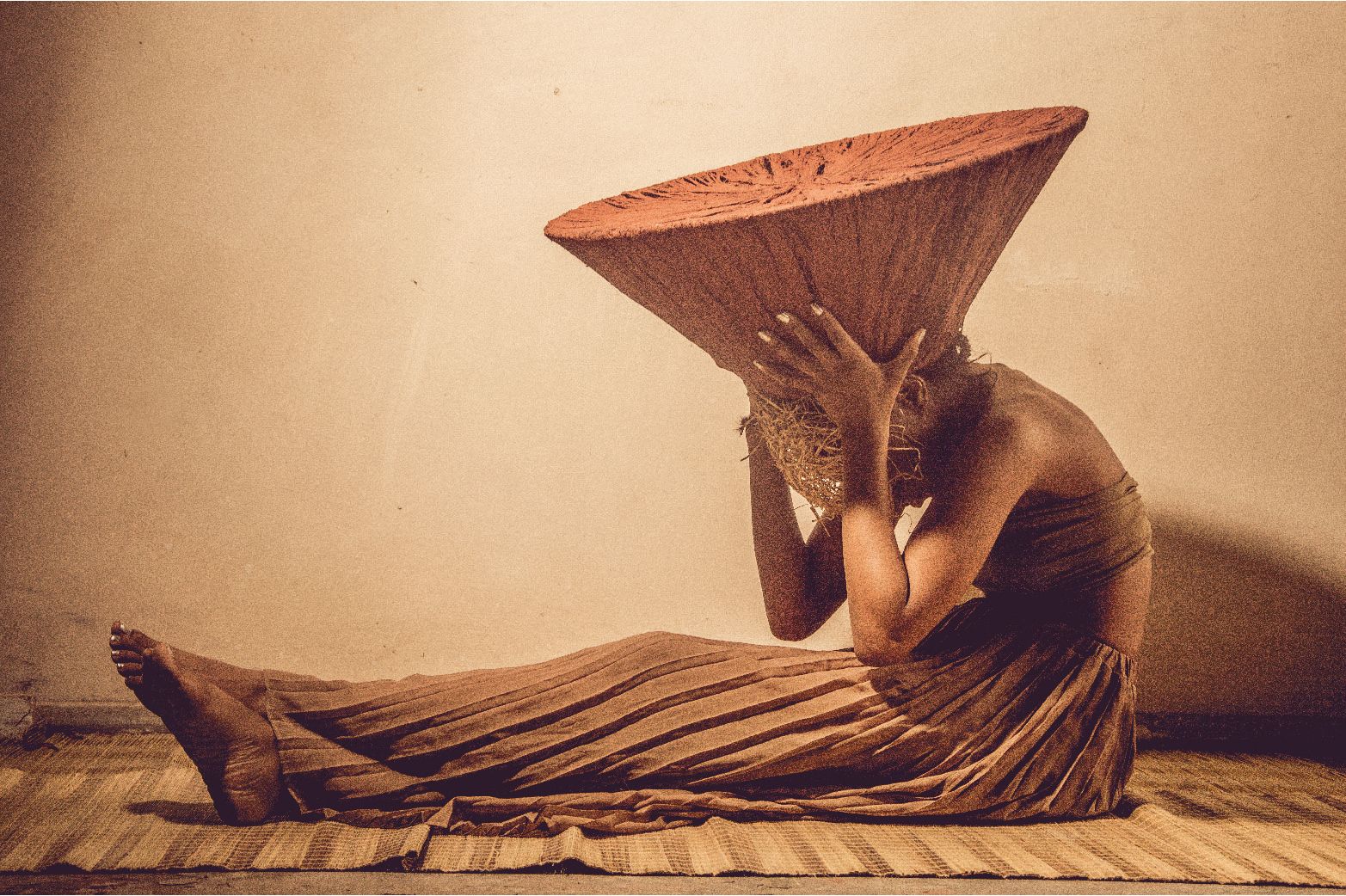
Work by Nomfundo Mkize showcased at the RMB Turbine Art Fair 2020
Work by Nomfundo Mkize
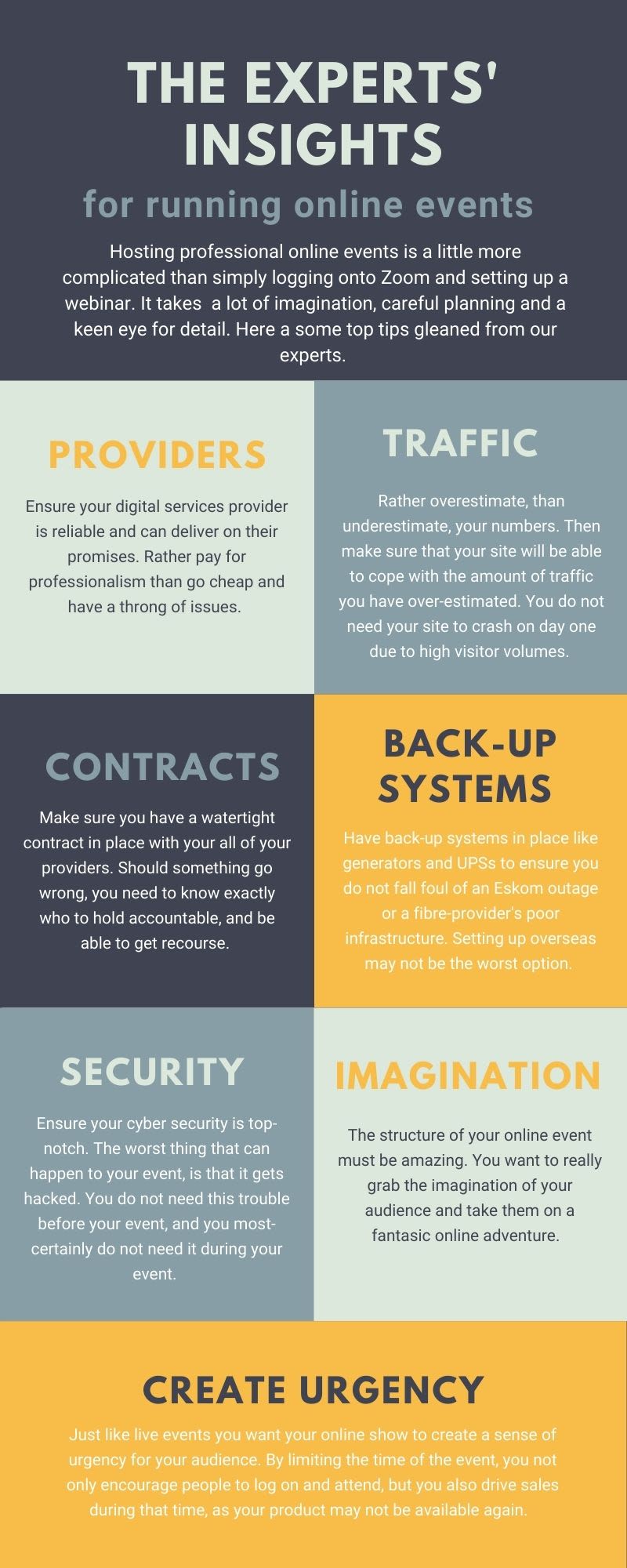
***
7 Ways We Went Global in 2020
This year has seen us locked down. Despite this, technology has enabled us to stay connected with the world. Here is how people were able to become global citizens from the comfort of their homes.
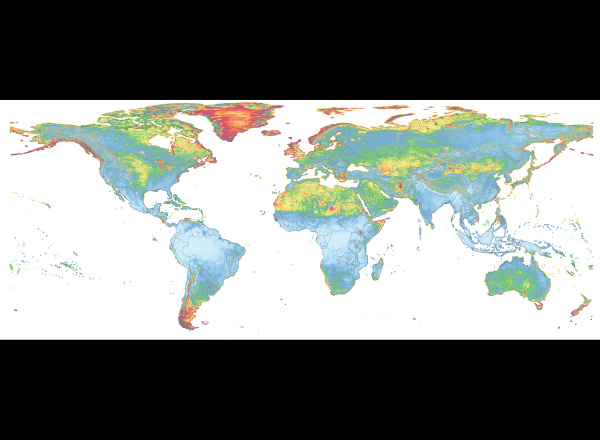
1. Zooming in on our relationships
The COVID-19 shutdowns suddenly saw increased interest in the use of video chatting apps like Skype, Zoom and Microsoft Teams, to list a few. These freemium apps have now become everyday tools to communicate. People are able to connect face to face with friends and family, in group chats, anywhere in the world. It doesn’t matter that your friendship circle includes people from Italy, the UK, Qatar, New Zealand and the USA. If you can all agree on a time to meet, you could get together over a cup of coffee or a glass of wine.

2. From Accommodation to Experiences
Airbnb went from providing accommodation to offering great online experiences. As their hosts sought to earn an income without any tourists. You can travel anywhere in the world and take part in online cooking experiences, coffee masterclasses, historical city tours and even sangria parties. Literally, if there is something you want to do, Airbnb online experiences will probably have it on offer for you. The price per event ranges from R150 to R600 per computer.

3. Singing, dancing and monologues
For the first time ever, South Africans are able access world-class cultural events. Some of the best music, dance and theatre performers are accessible online, often for free. London Ballet, for instance screened Cinderella for free in April 2020. Opera stars like Andrea Bocelli streamed a live concert during the height of lockdown, and a Google search will reveal many free operas online. If you are willing to pay, operatic stars like Rene Fleming often host live concerts, which you can access for around $20. Broadway has even launched its Broadway HD site where you can access top Broadway stage performances for $8.99 per month or $99 per year.
Quirky fact: Acclaimed soprano, Rene Fleming did not believe she could sing when she first started out in music.
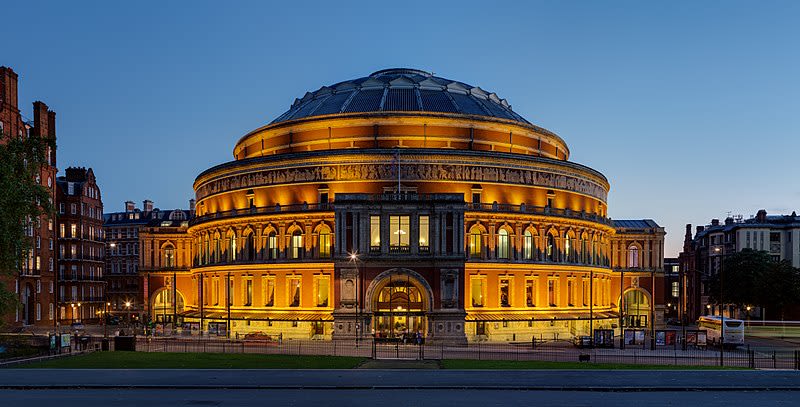
4. Ghosts, ghouls, and Rippers
Online tourism has allowed people to explore foreign cities for next to nothing. See Your City, a UK-based company, offers online tours in cities like London, Edinburgh and York, the cost is £5. This is just one example of myriad virtual city tours across the world. There are many free tours too, which give people the opportunity to explore the quirky, lesser known spots. Visitors from South Africa, America, and Spain now all enjoy these online experiences together.
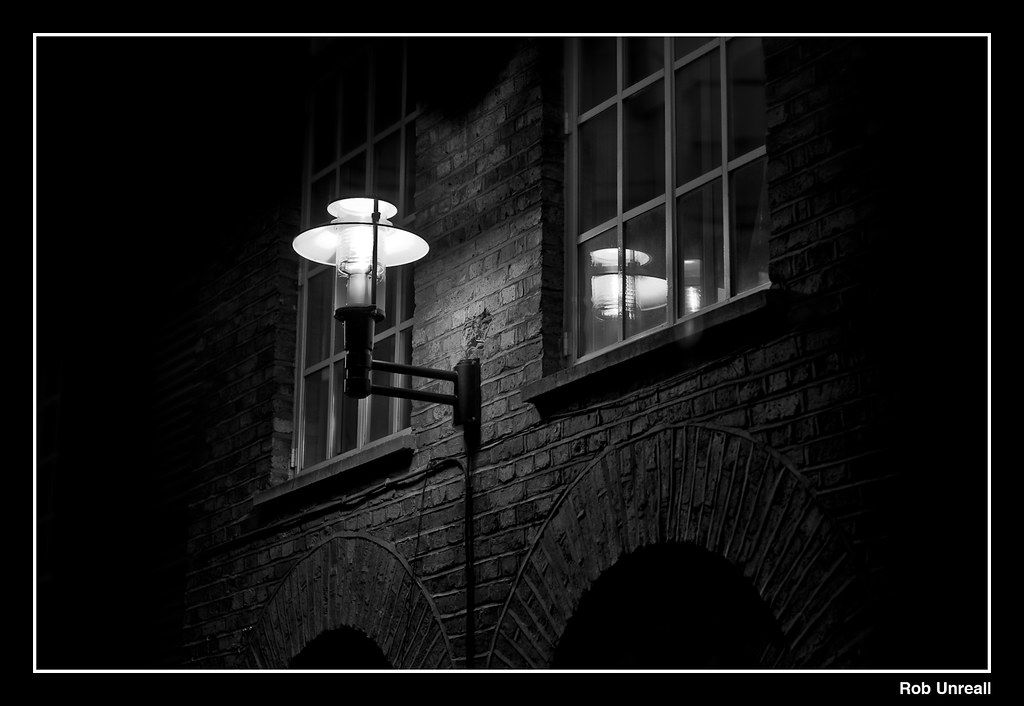
5. Jurassic Park meets the Mona Lisa
As museums across the world shut down to the public, at the height of the pandemic, they were forced to open online. Free tours became available to museums across the world. The British Museum in London, Vatican Museum in Rome, the Louvre in Paris, and the Guggenheim in New York, to list a few. It looks as if these are here to stay. And if tours are not available, most museums will have videos and podcasts of interesting insights, activities and behind-the-scenes news. Art galleries, global and local, have all started doing online exhibitions. This has given us access to some of the most inspiring history, science and art across the world.

6. Playing games
Entertainment and tourism companies also had to take their offerings online. They had to come up with innovative ways to get their products into the market. Now, not only are people able to access games that are not available locally, they were able to spend quality time with friends and family while having some online fun. Escape rooms, for example, which have not quite taken off in South Africa, can now be enjoyed online – a good dose of cerebral fun for everyone. Depending on what you choose, some will be free whereas others will need an investment. One company worth looking at is Trapt. They are releasing their second online escape room in December.

7. Wonderful webinars
As companies sought to remain relevant to consumers who were cooped up at home, we saw the advent of free webinars. These took the form of regional news with thought leaders, panel discussions, financial how-tos, Women’s interest, education, and the list goes on and on. This trend is still carrying on, and the content is usually free, interesting and relevant to surviving the current uncertainty. If your bank or media publisher has not already sent you news on free webinars, a quick online search should yield plenty.
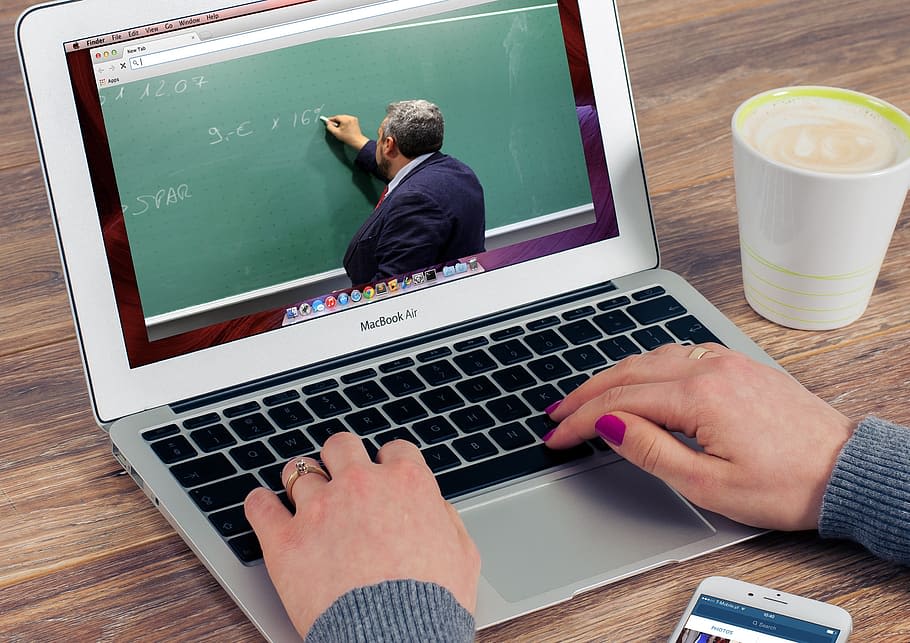
Although 2020 saw our personal worlds shrink, the reality is that the world opened up to us in a way never seen before. We now have access to experiences that normally we could only do if we spent thousands of rands, hopped on a plane, and travelled to Europe, Asia or the Americas. Now there is no excuse for not being a global citizen, albeit online.
***
My Personal Lockdown Travel Log
This year I travelled the world, from the comfort of my lounge. Here are some of the lockdown experiences I shared with my friends and family around the world.
